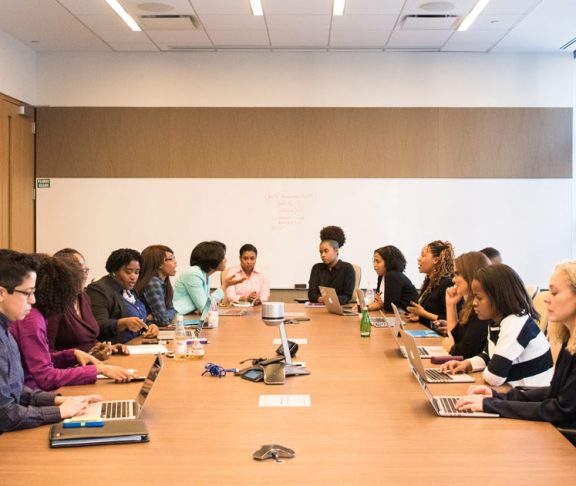
Dianah Worman OBE
Public Policy Adviser for Diversity, CIPD
Businesses need to understand that diversity and inclusion strategies can help them become more successful, says Dianah Worman OBE.
Currently, there is an increasing appetite among forward-thinking companies to understand issues around diversity and inclusion. These organisations don’t simply see this as ‘the right thing to do’. They also recognise it as a business imperative, because to access the best talent available, they know they need a recruitment policy which embraces all applicants, irrespective of their gender, ethnic backgrounds, sexual orientation and ages.
On the other hand, there’s no doubt that some businesses view diversity and inclusion as a pointless box-ticking exercise — an ephemeral PC issue that doesn’t have any bearing on their day-to-day operations. Apart from being dead wrong, those businesses are missing out. They need to understand the broader nature of diversity and that their outmoded mindset puts them at a spectacular disadvantage when it comes to sustaining their economic performance.
For example, if a company’s employee-base is age-skewed in any way, it puts itself in a vulnerable position. To be more creative and more productive, it needs to be more age-diverse. It needs to ensure that it recruits fresh blood with new ideas while retaining the learning and experience of its more established workforce. It’s a balance, in other words.
Challenge
Companies thrive on choice; yet, because of various employment constraints and barriers, they can fail to access the diversity of the labour market. As this supplement makes clear — with articles about women in technology and women in engineering, for instance — not enough young women are being encouraged to study STEM subjects (science, technology, engineering and mathematics) and take up STEM careers. This has to change for the good of business, the economy and society.
While diversity is a more high-profile issue than inclusion, inclusion is arguably the bigger challenge. We are all different, with unique personal identities that shape who we are. The trouble is those very same identities can cause us to be excluded by others, either inappropriately or unconsciously. But in a company where everyone is included, treated fairly, has a say, is listened to, respected and given equal access to opportunity, those differences will be plus points that will help the business prosper.
Unfortunately, diversity and inclusion is easy to talk about, but hard to deliver. That’s why success in this space won’t be achieved overnight. Businesses need to shape the agenda and be far more pro-active by continually assessing their performance and constantly re-engineering their initiatives so that their culture changes at a systemic level. To do this effectively, it’s vital to be constantly curious about this subject, because without perpetual questioning and experimentation nothing will change. We need to stress the importance of these issues to everyone — including schoolchildren, teachers, parents, employees and employers — so that the future will be more diverse, inclusive and successful.

